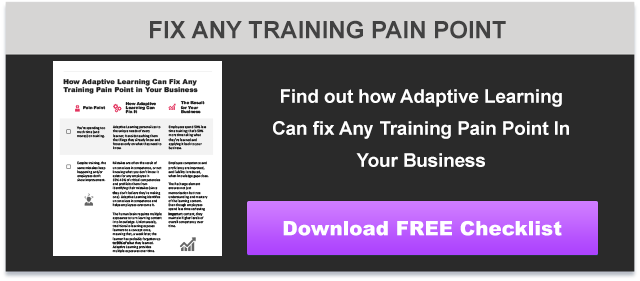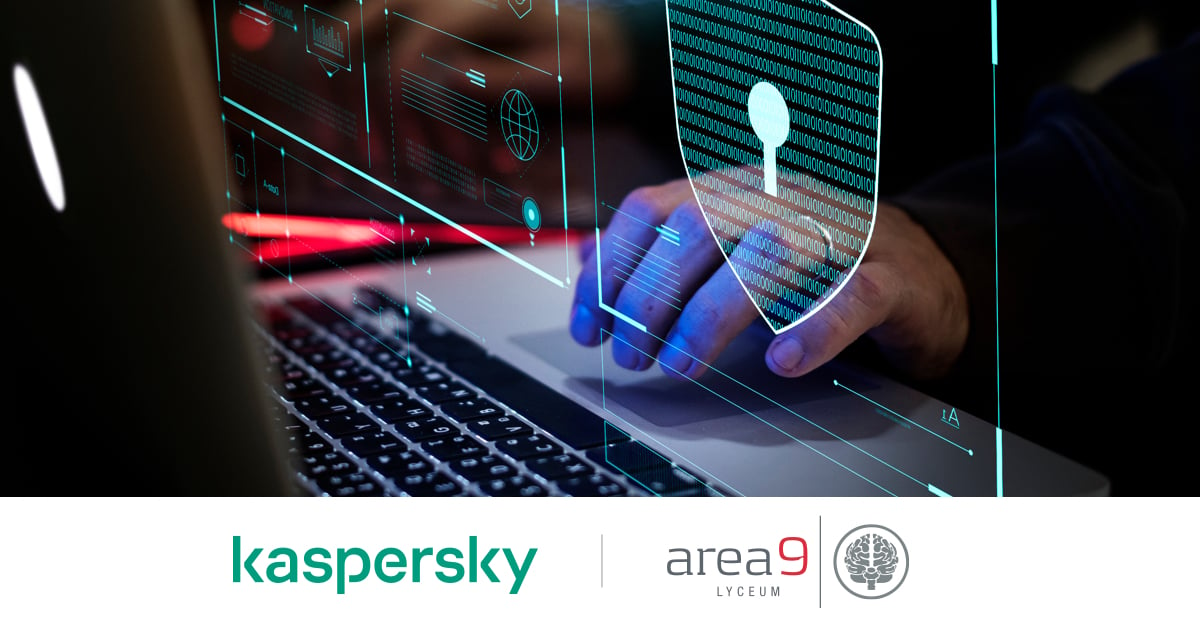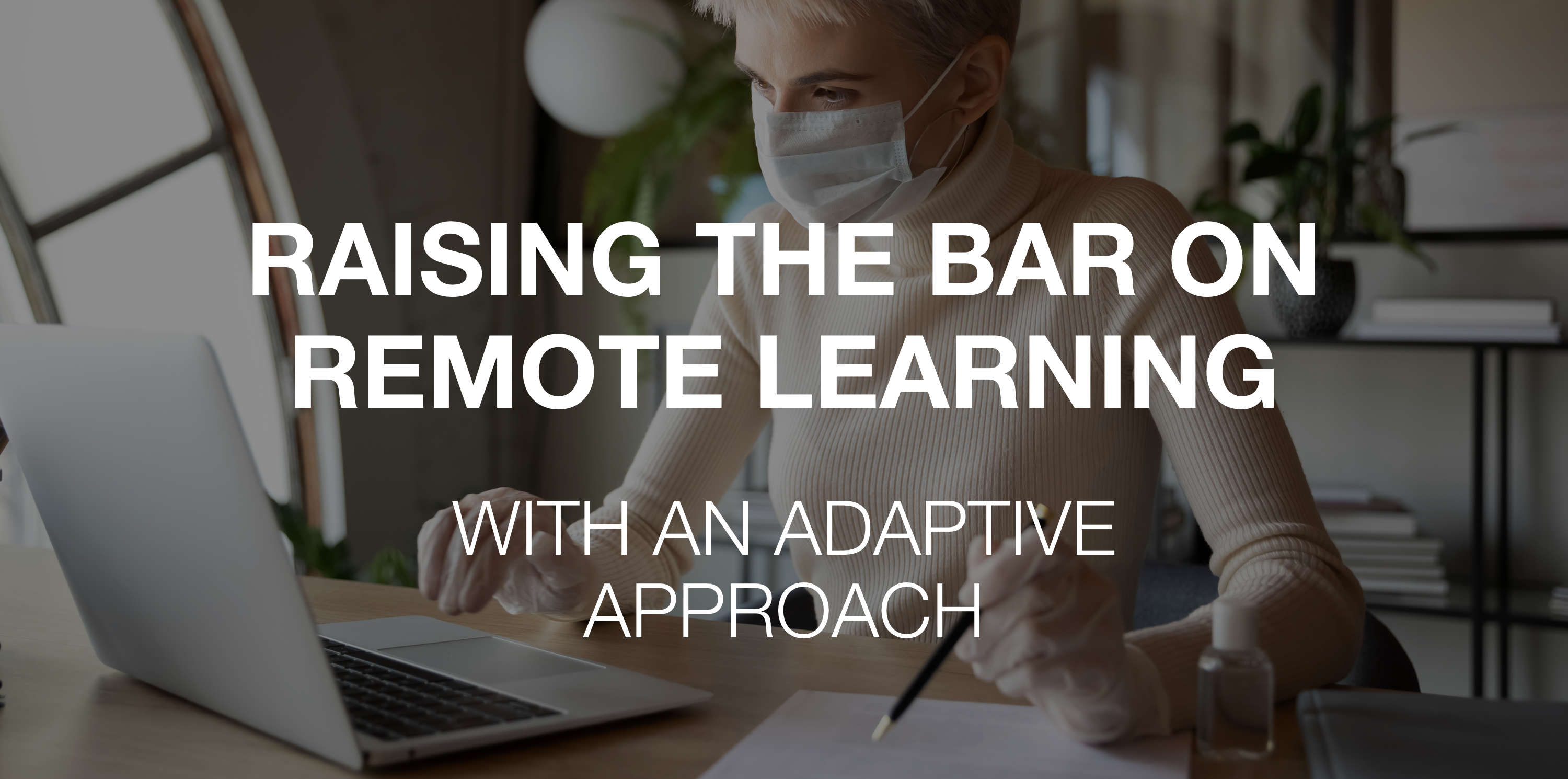It is not a matter of if, but when: technological change and increased automation will disrupt more than 25% of jobs in the future in Canada, for example. Businesses not prepared to adapt will be left behind.
There is consensus too that the most in-demand skills will be the so-called soft skills, including active listening, speaking and critical thinking, as well as math and digital literacy. The challenge to employers is clear: how do you prepare your employees in advance of these changes in order to remain competitive and to smoothly ride the coming wave?
One answer lies in better employee preparation and opportunities for re-training. Adaptive Learning, already on the forefront of innovative and technologically advanced solutions to training, can provide.
Decisive Action Can Minimize Future Disruption of Skills
The comprehensive RBC Future Skills Report is clear that if Canada is to attain skills-economy status, then employers and other stakeholders have a major role to play in providing appropriate training opportunities for new employees — and retraining opportunities for existing ones — in order to fill what will be a large demand in key skills across employment sectors.
What is needed is decisive action in the present to prepare for the disruption of skills to come; this needs to happen across the board.
Short-term solutions will not be the answer to this long-term change.
But given the projected scale of this upcoming shift in skills emphasis (as well as the issue of the huge differences among employees themselves), options to optimize training success will face the usual challenges that regular training presents with one exception: these challenges will be magnified to enormous proportions and with projected far-reaching consequences if such training fails to deliver the desired results.
The implications of failing to achieve this goal will not only be felt locally, but internationally.
Adaptive Learning is a viable solution for both short-term and long-term training objectives, including those identified as essential to the well-being of the future economy.
Adaptive Learning has already earned its stripes by accomplishing excellence in ongoing training and professional development in myriad sectors, including:
- healthcare,
- automotive,
- industrials and manufacturing,
- hospitality,
- retail,
- energy,
- transportation, and
- food production.
That which makes Adaptive Learning able to fix ongoing training challenges in your workplace can also prepare your workplace, with the same efficiency, for long-term re-training needs.
Train for Present and Future Needs
In developing new skills in an existing workforce, Adaptive Learning’s strength is in personalized learning. Each employee will have different training needs and will come from different starting places. To maximize the impact of re-training initiatives or of onboarding new employees, Adaptive Learning can:
- Ascertain what skills each employee already has
- Determine what new skills they will need to acquire
- Provide a personalized curriculum that will meet these needs on an individual basis
In other words the Adaptive Learning method will:
- Train more efficiently (up to 50% faster than traditional methods) because there are no redundancies in training
- Uncover and eliminate unconscious incompetence faster, for better, more effective training
- Recharge knowledge and build on what a learner already knows, to ensure learner mastery
- Save your company money, because you won’t have to change your existing LMS or use multiple training platforms to train different groups
The future — a future of technological and automation changes that will significantly alter the employment and economic landscape — does not have to be intimidating for employers. But it does mean that employers need to act now if they plan to ride the wave rather than be submerged by it.
Preparing for such a future employment landscape requires an equally innovative system to train employees faster and more efficiently. Adaptive Learning’s biological model is cutting edge technology here in the present that can help take learners and employers into the future with updated skills and adaptable learning opportunities.
For more information on how Adaptive Learning can help with your present and future training needs, download this checklist:
References:
- https://www.rbc.com/dms/enterprise/futurelaunch/humans-wanted-how-canadian-youth-can-thrive-in-the-age-of-disruption.html?utm_source=vanity&utm_medium=internal&utm_campaign=students_futurelaunch_humanswanted2018&utm_content=rbc_humanswanted
- https://www.mckinsey.com/featured-insights/employment-and-growth/technology-jobs-and-the-future-of-work









